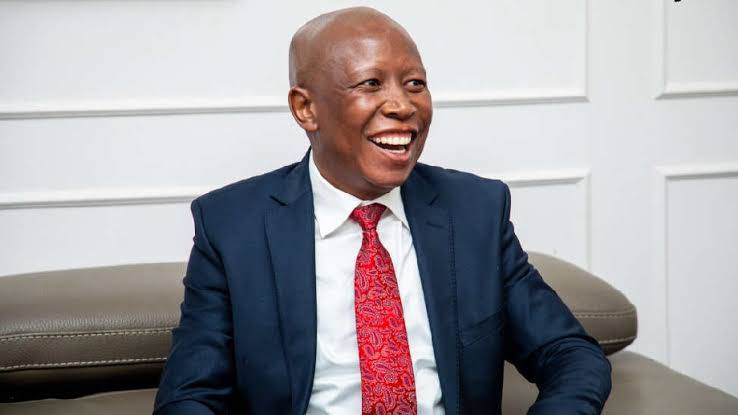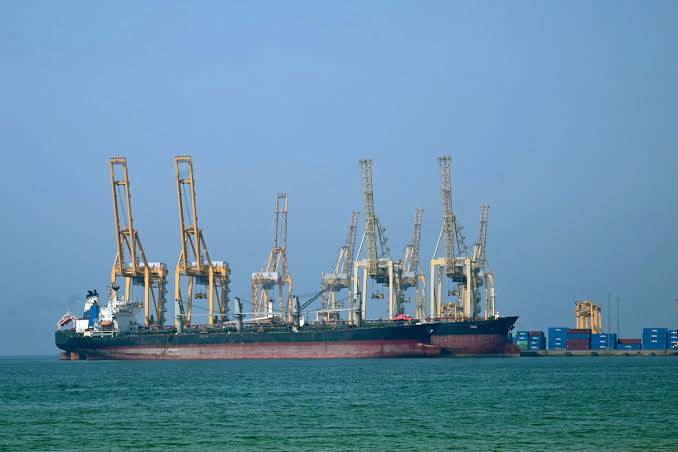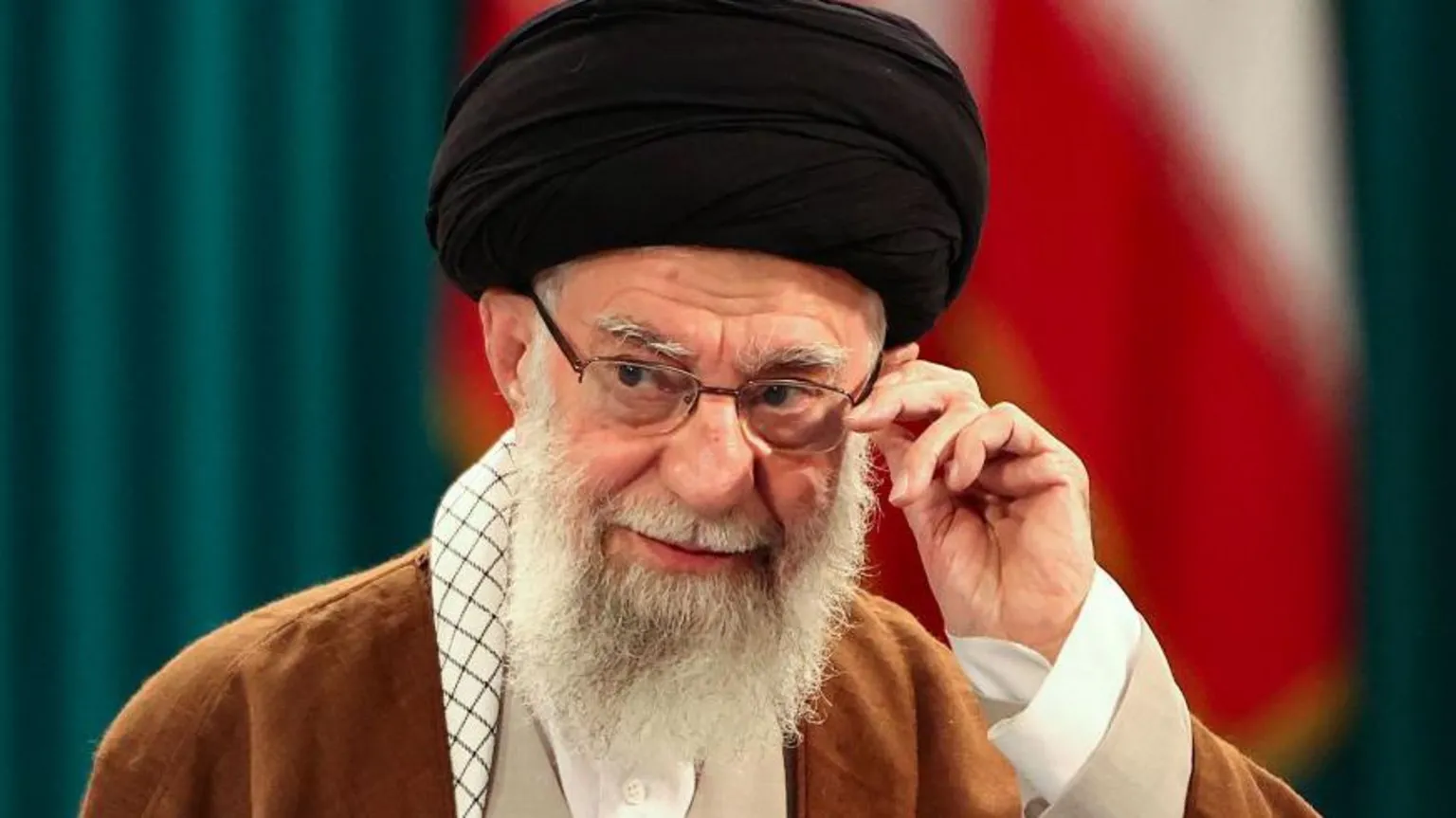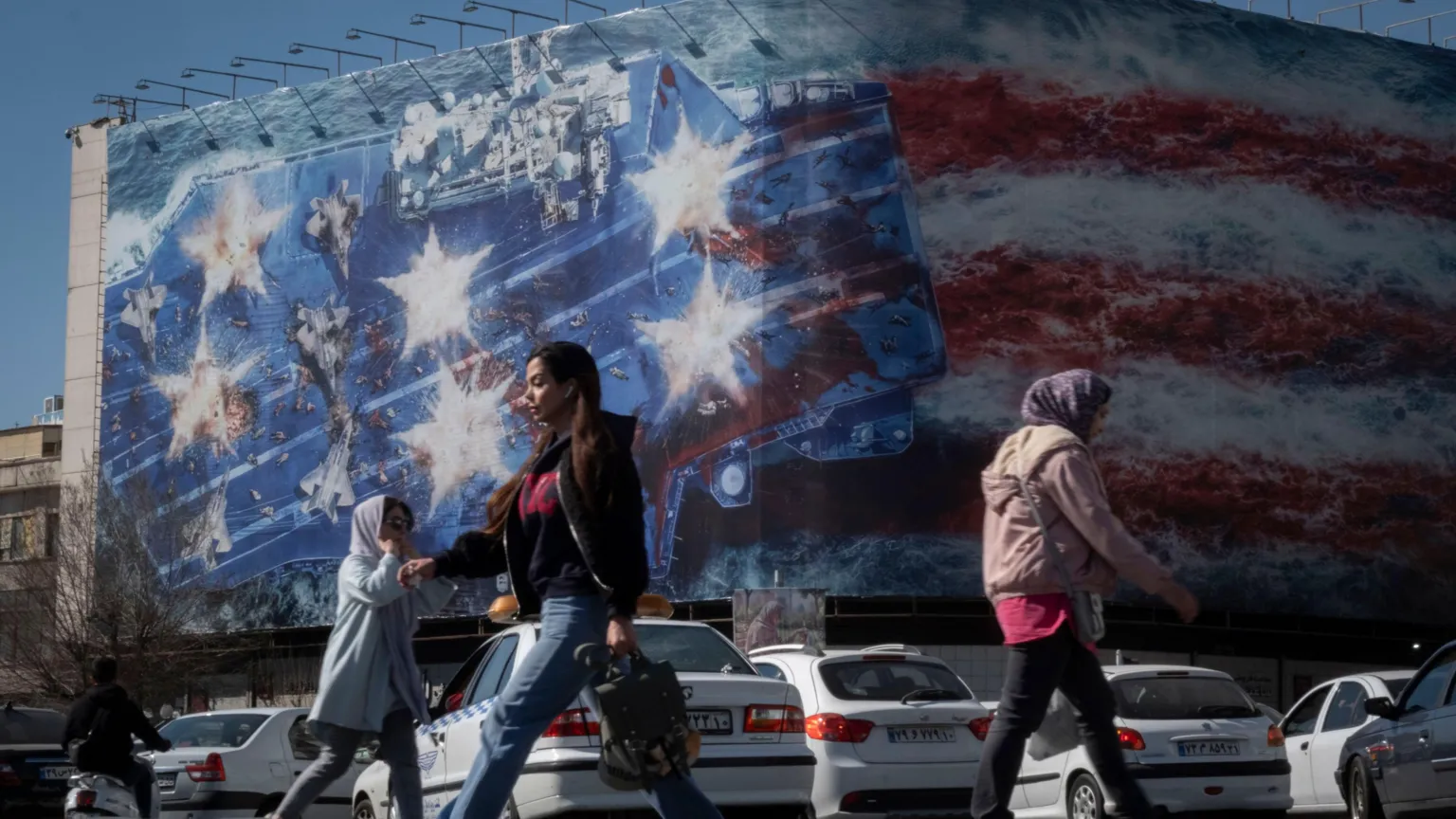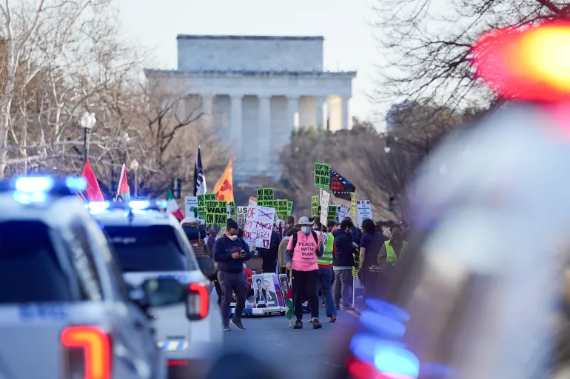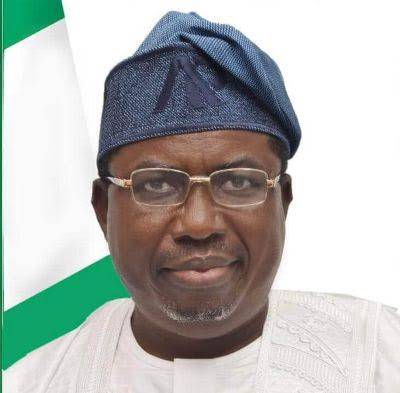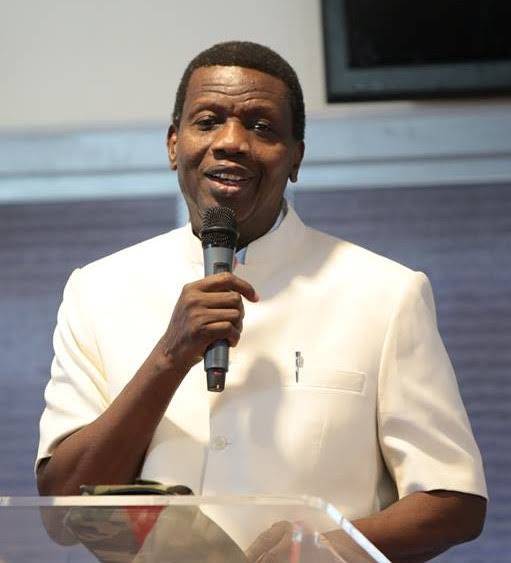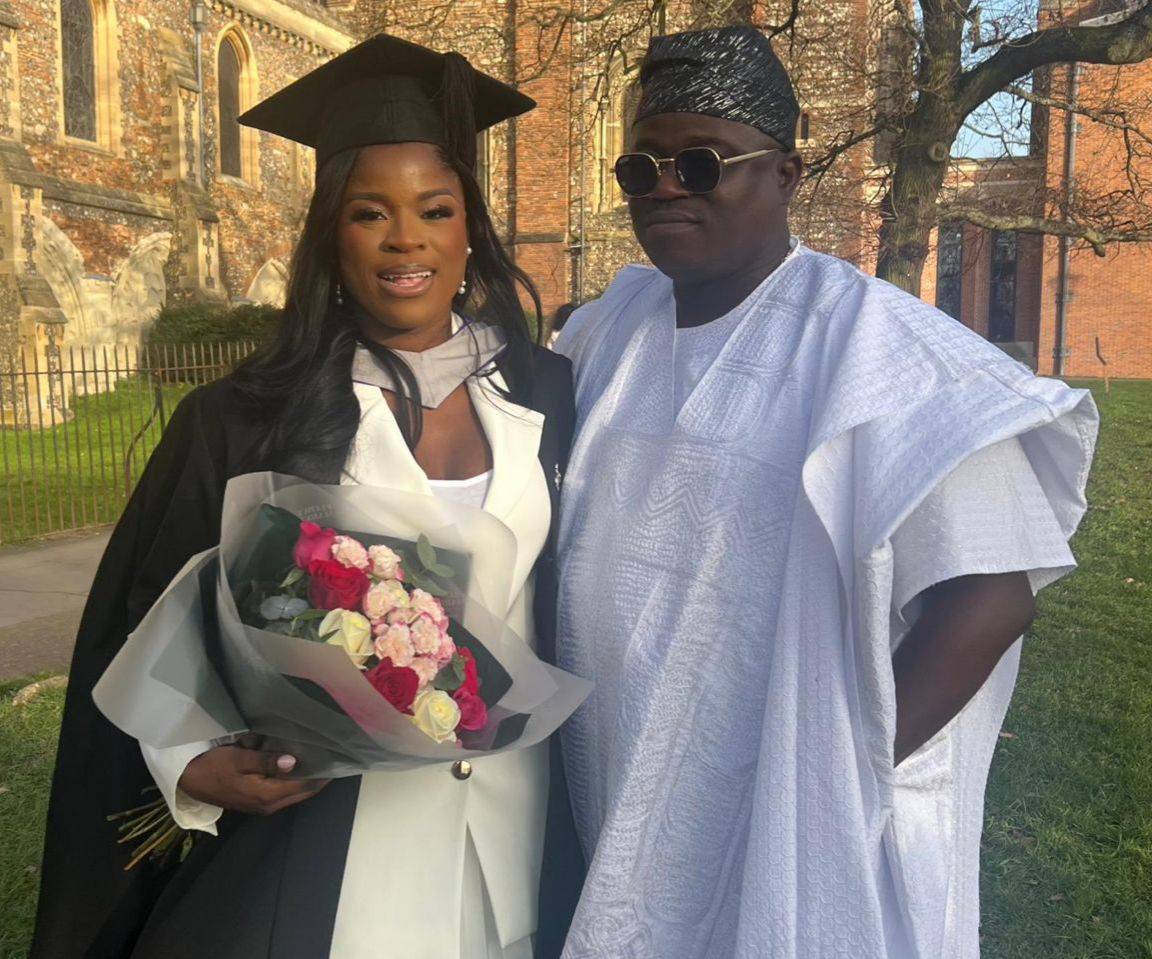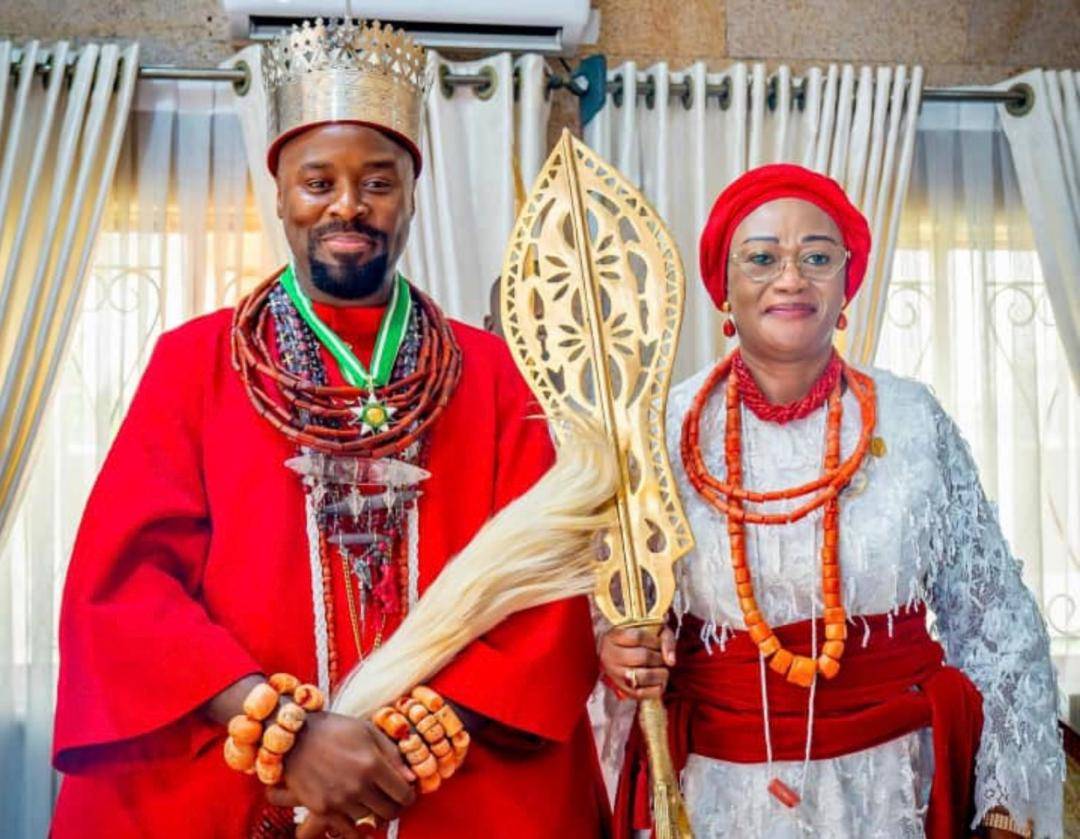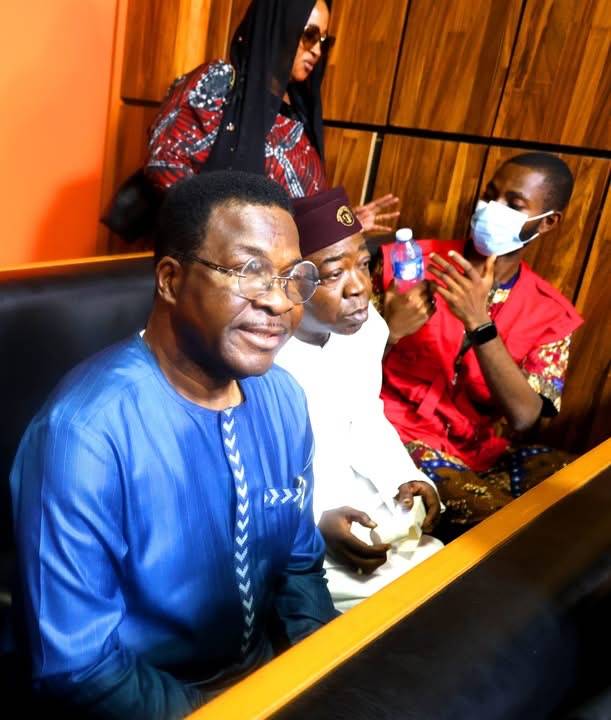At just 44, Julius Sello Malema fills the ambience with the silhouette of a man who has lived through centuries. Fiery. Feisty. Fervid! The South African opposition politician and founder cum leader of the Economic Freedom Fighters (EFF), famous for their red beret and all-red outfit, has been speaking from youth.
And his tongue is not broken. A tongue heavy with the Sesotho accent, forged in the legendary Bantu furnace of courage and resilience. He represents genuine activism and pan-Africanism. An impenitent lover and promoter of Black brotherhood.
His tongue is a flame of fire. A combustible oratorical turbine. A bulwark against oppression of Blackhood. Malema’s tongue is a buffer, a rampart against injustice and inequity.
It lashes out at those who dismembered Africa, at the gold and diamond hunters in Africa; at the West and at any person or group of persons who see the black man as a guinea pig only good for experimentation and Africa as a grazing ground for precious minerals and all the rich deposits that God embedded in the African soil.
Last Sunday, precisely on August 24, Malema, without his red beret and red overall, landed in Enugu, Nigeria as keynoter at the 2025 Nigerian Bar Association (NBA) conference. The theme of the conference was an apt ‘Stand Out and Stand Tall’. And Malema stood out. He stood tall.
From Lagos where he was hosted by Governor Babajide Sanwo-Olu to Enugu where he mounted the dais to address the biggest gathering of lawyers in Nigeria, Malema spoke with an unbroken tongue. He did not sound with the vexingly repetitive monotone of a broken record. He was consistent with his message of pan-Africanism, fresh with his idea of One Africa, and ruthless with his rebuke of xenophobia anywhere in Africa.
He demanded a borderless continent. “We want One Africa; with one president, one currency, one military command and one parliament.” And even one currency. He argued that a unified African currency would be stronger than the American dollar. His voice bore a tone of seriousness. His message has only one theme: Unity of Africa.
“We are not subjects of foreign policies…we are not a dark continent. How can we be dark when diamonds shine among us? We are a shining nation…Our salvation will not come from Washington, London, Brussels, or Beijing. It lies in Africa itself…together, we can demand fair trade, protect industries, and invest in education, technology, and innovation. Africa is not a begging power but a continent of giants…”, the proudly African of Bantu extraction bellowed from the platform, his eyes darting from the podium to every part of the jammed conference room. You could only just tell that a lion is in town.
Malema’s thesis of One Africa is sublime. Even his proposition of one currency is splendid. Just like the Euro of Europe which gave traction and value to the aggregate currencies of that continent. But I shudder at the suggestion of one military, one leader and one parliament. This cannot fly. African nations can still exist as discrete, independent nations, with separate militaries and parliament. And it doesn’t have to be named United States of Africa as the late Muammar Ghaddafi once suggested.
Africa is a huge market of about 1.55 billion people (projected 2025 population). This is a market that cannot be ignored by any other power bloc or trade partner. This is what the Africa Union (AU) ought to push for – to create and sustain a mass market, though discrete in nationalities, yet united in purpose, in negotiation and shared values. Above all, a borderless market that promotes intra-trade among member nations, movement of labour, goods, services, cultural exchanges and shared infrastructure.
The African Continental Free Trade Area (AfCFTA), currently the world’s largest free trade zone of 54 nations, was conceived to be the vehicle to achieve and maximise the potential of this borderless community. But implementation has been everything but effective.
Whereas it was intended to eliminate tariffs and trade barriers, since its launch date on January 1, 2021, it is yet to achieve a canter of the momentum that would drive economic growth on the continent. AfCFTA was intended to boost intra-African trade, boost industrialisation, attract investments and drive economic development across the continent. Needless restating that this has not been the result.
One critical nugget of the agreement is for member nations to remove tariffs on 90% of goods and promote free movement of human capital and investments across the continent.
However, four years after, the conceived borderless market only exists on paper. The chief reason is that African leaders who ought to implement the agreement in accordance with the written manual have themselves been reckless, greedy, irresponsible and in some cases rudderless in vision and ideas.
African nations are largely democracies. But their democracies are of a primitive variant, such that manipulate electoral process, intimidate or buy a lucre-infested judiciary, and repress any form of dissent and opposition just to grab power and keep it. The result is that the worst is enthroned as the best because the recruitment process is flawed.
The implementation of AfCFTA demands visionary leadership, leadership that drips of character, competence and capacity. This is not the leadership you get from longevity on the seat or from geriatrics bowed over by physical frailty and mental inertia.
You don’t get such leadership from the likes of Teodoro Obiang Nguema Mbasogo who had been president of Equatorial Guinea for 46 years since 1979; Paul Biya, president of Cameroon for 43 years since 1982 and at 91, ranks as the oldest president in the world; Denis Sassou-Nguesso, President of Democratic Republic of Congo for a cumulative 41 years; Yoweri Museveni, President of Uganda for 39 years since 1986; Isaias Afwerki, President of Eritrea for 32 years since 1993; Ismail Omar Guelleh, President of Djibouti for 26 years since 1999. It’s a long list.
These are all old men with jaded ideas ruining their countries. Unfortunately, these men do not understand, and will not appreciate the essence of Malema’s One Africa. They are busy funneling the resources of their countries to Europe and elsewhere.
They have no part in AU’s peer review. Some are not even aware they are presidents. These leaders and their ilk must first be shooed out of the way through resilient democratic processes driven by the people. I vote for Malema’s One Africa, a united Africa, but it will not come until there is a falling away of the geriatric generation of ruiners.


